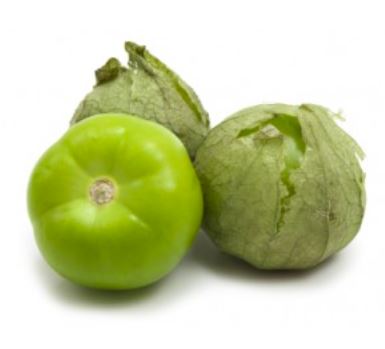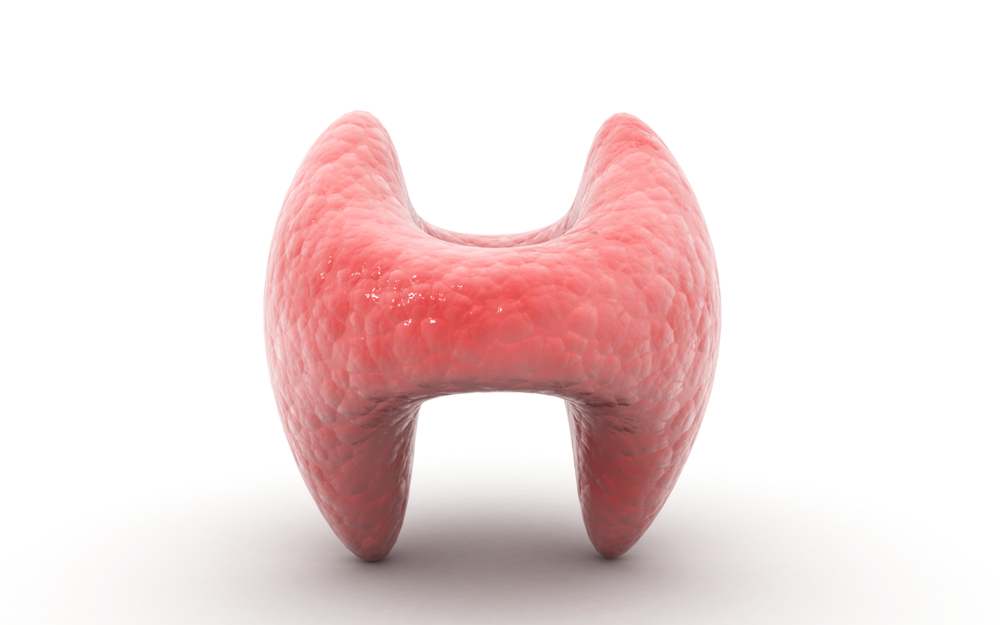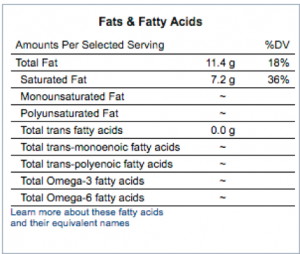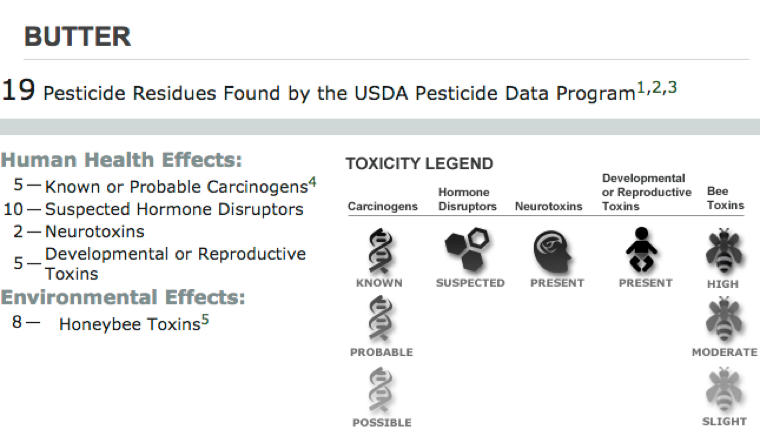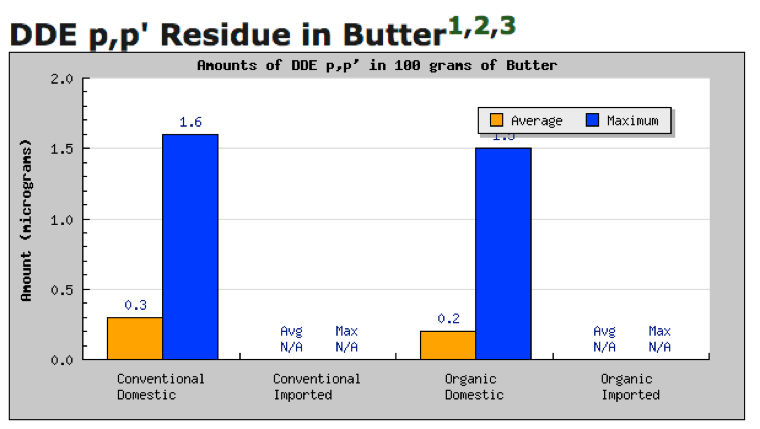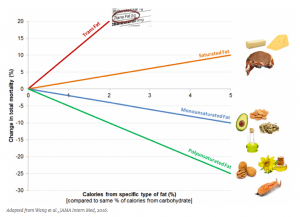This can be especially confusing because hardcore paleo writers have been warning about the dangers of polyunsaturated fats. The theory is that they are chemically unstable and they trigger inflammation. Although these ideas are plausible, they are ideas nonetheless. Whenever evidence – such as studies about death risk – comes into conflict with ideas, you listen to the evidence.
I’ve been wary of the high saturated fat message all along. This is why I did not jump on board and encourage you to eat high amounts of coconut oil or butter. I did not think the evidence was strong enough just yet.
Saturated fat is not a ‘bad’ food, and you should not attempt to avoid it completely. However, evidence like this makes it clear that you would not want to go out of your way to add coconut oil to your shakes or add heavy amounts of butter to your meals or your beverages.
Here’s the rub. We have access to more types of food and more ideas about food than ever before. It is entirely possible to be on an extreme food plan that makes perfect sense. You can have peers that share your belief and create an experience of being in the know – being above those who still hold more conventional views. This plan can make you feel well and can improve your health. Yet despite all these positive trappings, biology is unforgiving.
There is a sad story about one of the earlier butter coffee advocates. Seth Roberts was the pioneer of the quantified self-movement, which is where we got great technologies like the Fitbit.
He extolled the benefits of high dose butter in a video10 dated August 11, 2010. He makes a convincing argument that his reaction times have gone up with his high intake of butter to a degree that other dietary hacks did not achieve.
If you move to 11:00 into the video, a cardiologist warns of the risks for heart disease with high dose butter, and the crowd laughs at him. In April of 2014, Seth passed away from heart disease just after turning 60. His mother wrote about it on his blog11. Of course many factors besides butter could have contributed to Seth’s unfortunate early death but nonetheless, cases like this make it clear that it is wise to be wary of any extreme diet.
Will the evidence about fat change? Yes, but not likely by a significant degree. We may find that the risks are somewhat smaller or larger than expected, or that some type of polyunsaturated fats are even better than others, but a complete reversal is considered unlikely.
What are your best sources of polyunsaturated fats?
- Cold water fish
- Fish oil
- Shellfish
- Walnuts and walnut oil
- Sunflower seeds and sunflower seed oil
- Canola oil, non-GMO12 (Is Canola Oil Safe?)
- Sesame seeds and sesame seed oil
- Chia seeds
When it comes to vegetable oils, use whole seeds or nuts as a first choice. Choose oils that are cold pressed, GMO-free, organic and minimally processed.
Soy and corn oil are also high in polyunsaturated fats, but it’s hard to find any that are GMO-free and not chemically processed.


